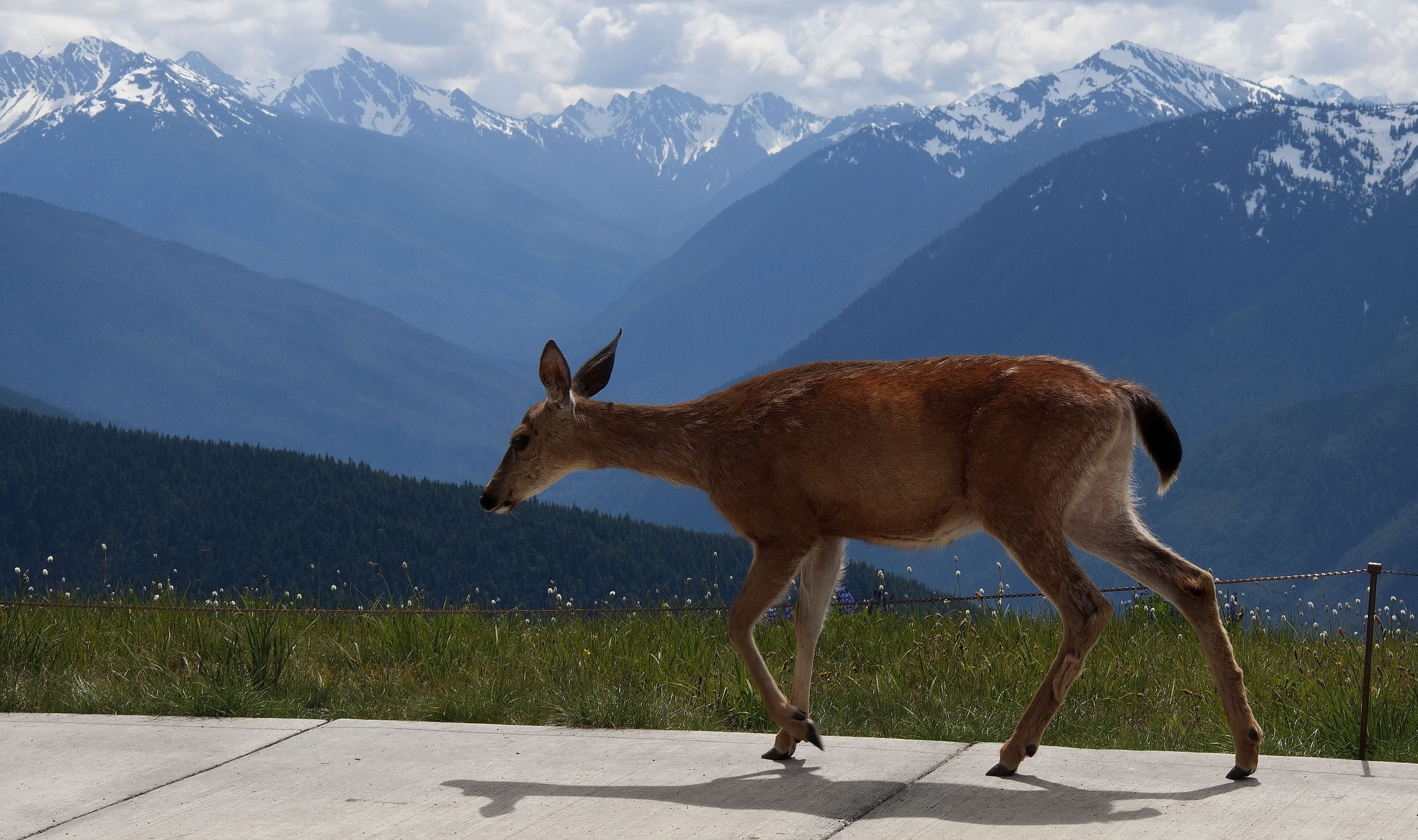Is It ‘Crepe’ or ‘Crape’?
A listener/reader of my commentaries on Red River Radio questioned my spelling of crape myrtle in a recent piece, in which I conducted my annual rant against the wanton desecration each winter of these lovely trees. The fellow agrees with my stance against those who foolishly, or out of ignorance, prune crape myrtles. But he pointed out that in the South the tree is usually spelled “crepe,” not “crape.” I based my spelling on the photo of the bumper sticker that accompanied the text version at redriverradio.org, since the bumper sticker creator owns a landscape company. As it turns out, either version is correct, the botanical version of potato or “potahto.”
This got me to thinking, with a hat tip to my producer, Bill Beckett, about local and regional pronunciations of common place names. He pointed out that Jordan Street in Shreveport is pronounced in the Swedish way as Joerden. In Austin, the drag in front of the University of Texas campus is spelled Guadalupe but known as “Guadaloop.” In the south part of town, Manchaca, named after a captain in the Texas Army who spelled the first syllable with an “e” instead of an “a” is pronounced Manchack.
To the northwest of Austin is the picturesque town of Burnet, though it is pronounced “Burn It.” One would think Burnet’s neighbor would be called Llano, but it is actually “Lahno.” Then there is the Pedernales River, an extra “r” placed in the first syllable that is not in the actual word, so it is “Perdenales.”

And east of Austin is the rapidly growing suburb of “Manor,” though the locals pronounce it “Mane-er.” South of Austin and now a suburb of the city is the town of Buda, pronounced “Bweuda.” As a story on the San Antonio newspaper’s website on “Most Mispronounced Texas Cities” points out, there is also Refugio, which comes out of the mouths of those who know as “Re-fuhr-eo.”
Near New Braunfels, about 50 miles south of Austin, is Texas’ oldest dance hall, Gruene Hall, which to an uninitiated eye should be pronounced “Groon” rather than “Green.” Gruene Hall was built in 1878 when there was no such thing as air-conditioning. It still isn’t air-conditioned, which is part of the charm, except in August.
Back here in East Texas, one of two creeks running through Nacogdoches is called the Lanana, which rhymes with banana. Originally it was La Nana, Spanish for “the nurse,” according to a Texas A&M website. Then there is Nacogdoches, pronounced with a silent “g,” and Natchitoches, the city named after his mythical twin Caddoan brother in Louisiana, of course pronounced Nak-a-tish. And let’s not forget Palestine, pronounced as “Palesteen” in these parts, though certainly not in the Middle East.
Mr. Beckett, who shares the blame for this piece whether he accepts it or not, said he once had an announcer who pronounced conductor Leonard Bernstein’s name as both “Bern-steen” and “Bern-stine,” just to appease folks on both sides of that pronunciation dilemma. That announcer should have gone into politics.
Louisiana, with its rich French heritage, provides plenty of opportunity to mispronounce names of cities, rivers and streets – from Tchoupitoulas, pronounced “chop-pit-toolas,” to Tanghipahoa, which said properly is “tan-gi-fa-hoa.” Lake Pontchartrain leaves out a few letters when spoken aloud and becomes “pon-cha-train.” Ouachita Parish acquires an “s” and verbally morphs into “wosh-i-taw.” Hat tip to a blog site called backpackingdiplomacy.com for those examples.
These struggles with place names remind me of an old joke. A traveling salesman stops at a Dairy Queen in Waxahachie, a modest town south of Dallas. This is the salesman’s first visit, so he asks the woman at the counter, “How do you pronounce the name of this place?” The woman slowly enunciates, “Dairy Queen.”
We’ll be here all week, ladies and gentlemen.
Leave a reply
Fields marked with * are required











